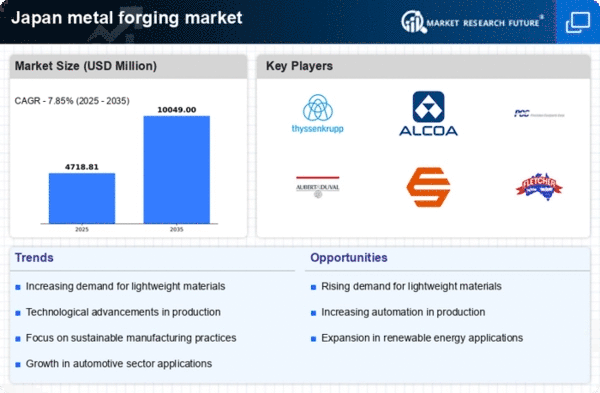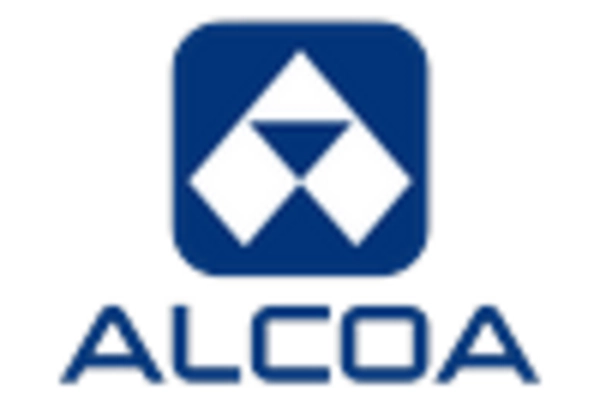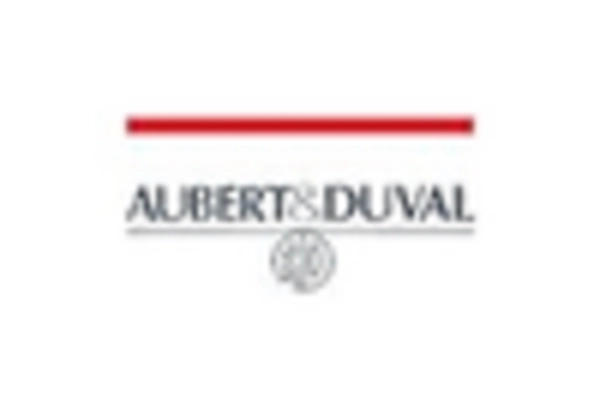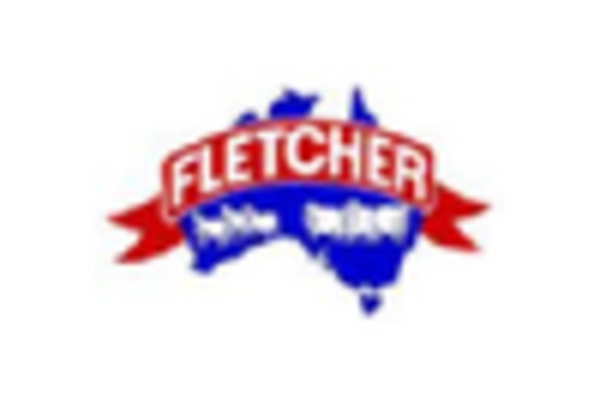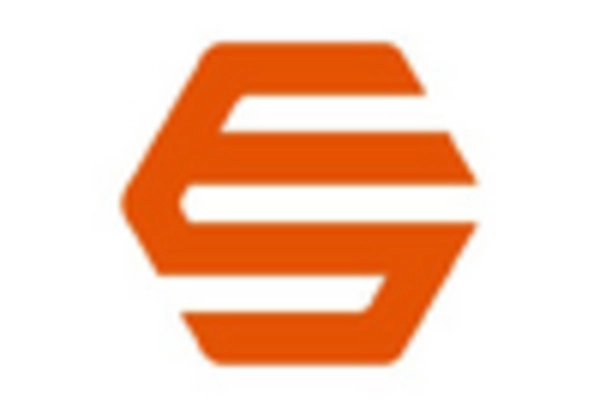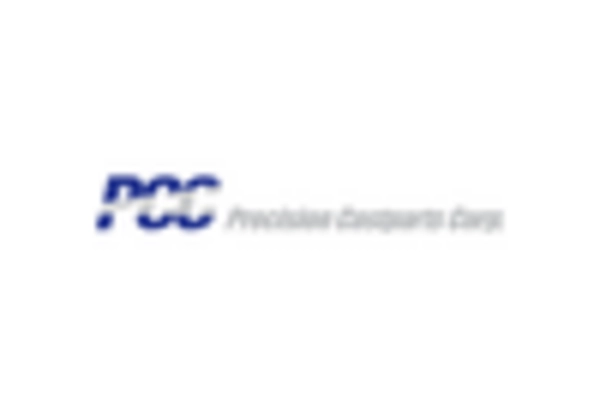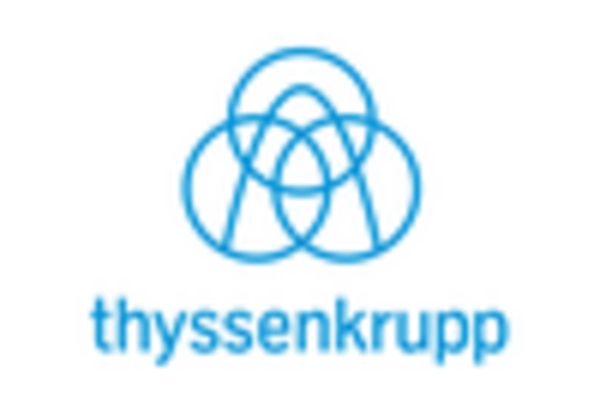The metal forging market in Japan is characterized by a competitive landscape that is both dynamic and multifaceted. Key growth drivers include the increasing demand for lightweight materials in automotive and aerospace applications, alongside a push for enhanced energy efficiency. Major players such as Nippon Steel Corporation (Japan) and Kobe Steel, Ltd. (Japan) are strategically positioned to leverage their extensive manufacturing capabilities and technological advancements. Nippon Steel Corporation (Japan) focuses on innovation in high-strength steel products, while Kobe Steel, Ltd. (Japan) emphasizes sustainable practices in its forging processes. These strategies collectively shape a competitive environment that is increasingly focused on technological differentiation and sustainability.In terms of business tactics, companies are localizing manufacturing to reduce lead times and optimize supply chains. The market structure appears moderately fragmented, with several key players exerting influence over specific segments. This fragmentation allows for niche players to thrive, while larger corporations consolidate their market share through strategic partnerships and acquisitions. The collective influence of these key players fosters a competitive atmosphere where innovation and operational efficiency are paramount.
In October Nippon Steel Corporation (Japan) announced a partnership with a leading automotive manufacturer to develop advanced lightweight components aimed at reducing vehicle weight by 20%. This collaboration is strategically significant as it aligns with global trends towards sustainability and fuel efficiency, positioning Nippon Steel as a leader in the automotive forging sector. The partnership not only enhances Nippon Steel's product offerings but also strengthens its market presence in the rapidly evolving automotive landscape.
In September Kobe Steel, Ltd. (Japan) unveiled a new line of eco-friendly forged products that utilize recycled materials, aiming to reduce carbon emissions by 30% in their production processes. This initiative underscores Kobe Steel's commitment to sustainability and reflects a broader industry trend towards environmentally responsible manufacturing. The introduction of these products is likely to attract environmentally conscious clients and enhance the company's competitive edge in the market.
In August Alcoa Corporation (US) expanded its operations in Japan by investing $50 million in a new forging facility. This strategic move is indicative of Alcoa's commitment to increasing its footprint in the Asia-Pacific region, particularly in high-demand sectors such as aerospace and automotive. The facility is expected to enhance Alcoa's production capabilities and improve supply chain efficiencies, thereby solidifying its competitive position in the market.
As of November current competitive trends in the metal forging market are increasingly defined by digitalization, sustainability, and the integration of artificial intelligence (AI) into manufacturing processes. Strategic alliances are becoming more prevalent, as companies seek to pool resources and expertise to navigate the complexities of modern production demands. Looking ahead, competitive differentiation is likely to evolve from traditional price-based competition to a focus on innovation, technological advancements, and supply chain reliability. This shift suggests that companies that prioritize these areas will be better positioned to thrive in an increasingly competitive landscape.


